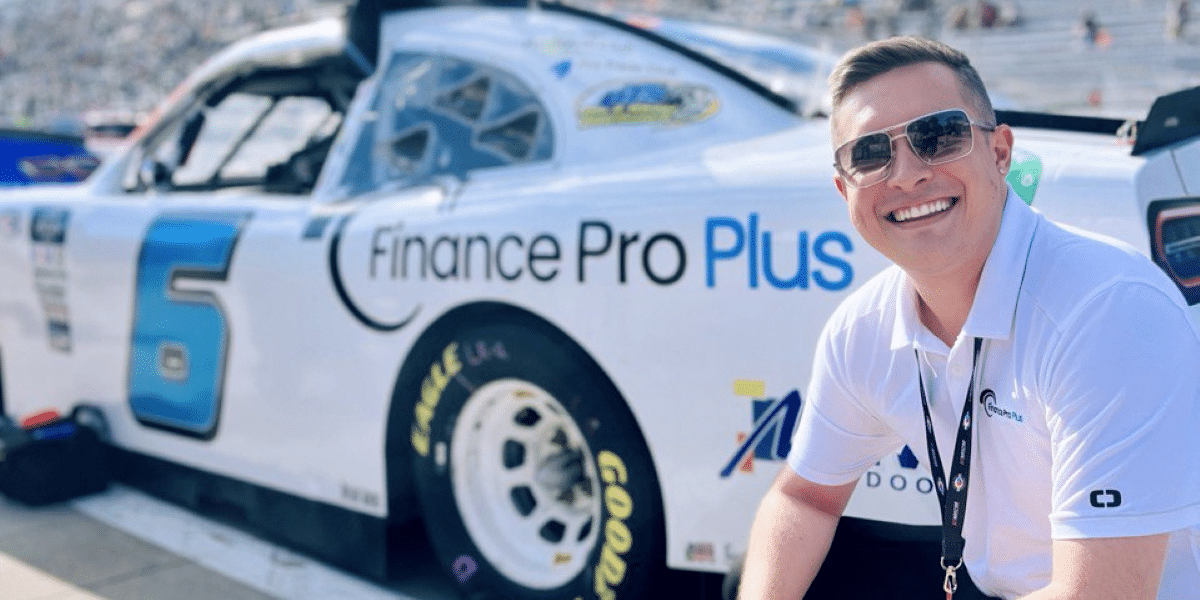In an era where the legal profession is often seen through the lens of courtroom dramas and high-stakes negotiations, the essential role of community service in shaping a well-rounded legal practitioner can sometimes be overshadowed. Yet, it’s within the fabric of community engagement that many lawyers find their most rewarding work and where their impact can be most deeply felt. Leaders like Cass Wennlund exemplify how dedication to community service enriches the legal profession and strengthens the communities it serves.
The Foundation of Service in Legal Education
The journey to cultivating a generation of lawyers committed to community service begins in legal education. Law schools have a pivotal role in instilling the value of service, encouraging students to look beyond the confines of traditional practice and explore how their skills can benefit society.
Integrating Public Interest Law into Curriculum
It is crucial to incorporate public interest law and ethics courses into the curriculum. These courses expose students to the broader societal impact of law and the importance of pro bono work, underscoring the profession’s foundational commitment to justice for all, not just those who can afford it.
Encouraging Participation in Legal Clinics
Legal clinics offer students hands-on experience while providing invaluable services to those in need. Students learn practical skills, from client communication to legal drafting, within a context that emphasizes the profession’s service-oriented nature.
Mentorship and Role Models
Mentorship plays a critical role in shaping young lawyers’ values and career paths. Experienced practitioners like Cass Wennlund, who balance successful legal careers with meaningful community engagement, serve as powerful role models. They demonstrate the profound personal and professional fulfillment that comes from service, inspiring others to follow in their footsteps.
Building Mentorship Programs
Law firms, bar associations, and legal institutions should prioritize creating mentorship programs that pair young lawyers with experienced mentors committed to community service. These programs can provide guidance, encouragement, and opportunities for young lawyers to engage in service activities.
Showcasing Impactful Work
Highlighting the work of lawyers engaged in community service through awards, publications, and speaking engagements celebrates their contributions and sets a standard for others to aspire to. Stories of impact can inspire young lawyers to integrate service into their careers.
Volunteering and Pro Bono Work
Volunteering and pro bono work are the bedrock of community service in the legal profession. Making these activities a fundamental part of a lawyer’s early career experience can set a lifelong pattern of service.
Encouraging a Culture of Pro Bono Work
Law firms and legal organizations should foster a culture that not only encourages but expects pro bono work as part of professional practice. Providing structured opportunities for young lawyers to engage in pro bono projects can help embed this culture from the outset of their careers.
Recognizing and Rewarding Service
Recognizing and rewarding lawyers for their community service and pro bono work reinforces the value placed on these activities. Whether through formal awards, advancement opportunities, or public acknowledgment, celebrating service encourages ongoing commitment.
Community Engagement Beyond the Courtroom
Community service in the legal profession extends beyond formal legal work. Lawyers possess a unique set of skills and knowledge that can benefit non-profit organizations, local government boards, and community groups.
Serving on Boards and Committees
Lawyers can offer their expertise by serving on the boards of non-profits, educational institutions, and community organizations. This type of involvement allows lawyers to contribute to strategic decision-making and governance, leveraging their skills for the community’s benefit.
Legal Education and Advocacy
Lawyers can also play a vital role in educating the public about legal rights, responsibilities, and the justice system. Lawyers can contribute to a more informed and free society by hosting workshops, writing articles, and engaging in advocacy work.
The Long-Term Benefits of a Service-Oriented Career
The benefits of a career committed to community service extend far beyond individual fulfillment. Lawyers who engage in service contribute to a more accessible legal system, strengthen community ties, and foster a free society.
Enhancing the Legal Profession’s Reputation
By demonstrating a commitment to service, the legal profession can enhance its reputation and rebuild public trust. Lawyers who are visibly engaged in their communities help counteract stereotypes and showcase the profession’s positive contributions.
Building Stronger Communities
Lawyers committed to service play a direct role in building stronger, more resilient communities. Whether through legal assistance, advocacy, or education, their work can protect our freedoms.
Personal Fulfillment and Professional Growth
Finally, the personal and professional growth from a service-oriented career cannot be overstated. Lawyers prioritizing community service find a deep sense of purpose and fulfillment that can sustain them throughout their careers.
In conclusion, cultivating the next generation of legal minds committed to community service is crucial for the profession’s future and the communities it serves. Through education, mentorship, and a culture that values and rewards service, we can ensure that lawyers uphold the ideals of freedom, justice and community engagement. Leaders like Cass Wennlund serve as beacons in this endeavor, exemplifying the profound impact committed legal professionals can have on society.
Published by: Khy Talara









